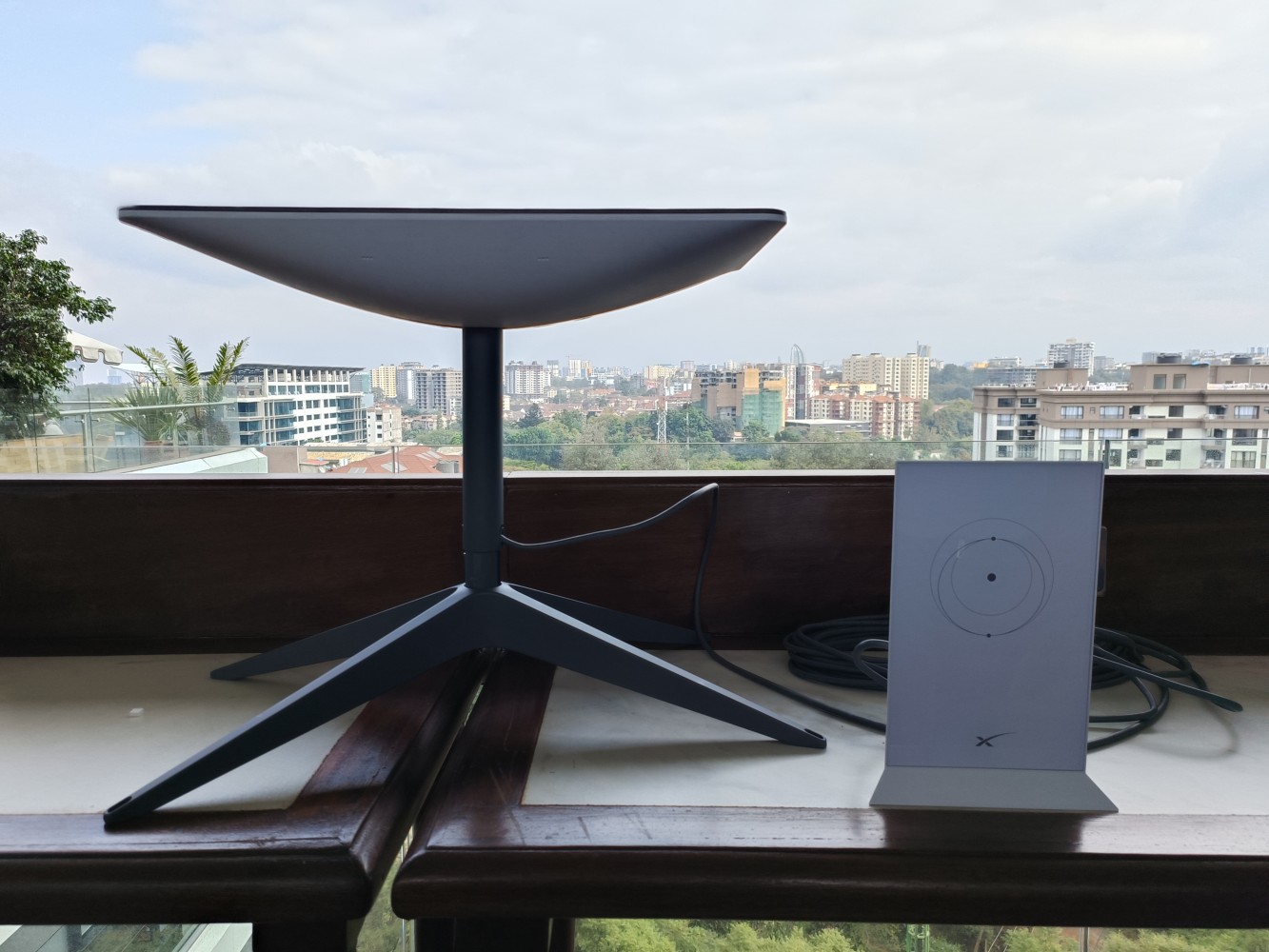Virtual private networks (VPNs) have been around for a long time but have become more popular recently. Whether you want to use it to watch a show that’s not available in your country or access a site that’s been banned by the government, there’s one question that most people have had to deal with: Which VPN should I use?
It can be daunting to choose from the hundreds, if not thousands, of VPN services available. So we’ve come up with a list of ten reputable VPN services you can use.
Express VPN
ExpressVPN is rated highly because of its very fast speeds across over 3,000 remote servers in 160 locations and 94 countries. It provides advanced security on both apps and servers.
Its high quality comes at a price. The lowest monthly plan is priced at $6.67, making it slightly more expensive than its rivals. It’s also currently unavailable on the Nigerian App Store.
A user TechCabal spoke to said, “I’ve been using ExpressVPN for over a year now, mostly to watch Netflix from other countries. I also use it for HBO Max and Disney+. I’ve had to move to another VPN because I need to use it on my phone ”
Nord VPN
Unlike ExpressVPN, NordVPN is available on the Nigerian App Store, it has one of the fastest speeds on the market and it’s cheaper than ExpressVPN: Its lowest price is $4.89/month. It has more than 5,200 servers in 62 countries.
NordVPN has a feature that ExpressVPN doesn’t have, it’s called VPN chaining. It routes your traffic through two servers, encrypting data packets twice. A helpful security feature, but it slows down your connection.
Proton VPN
Proton has the best free subscription in the market. Unlike NordVPN and ExpressVPN, the first subscription tier of ProtonVPN is its free VPN offering, which includes just three VPN server locations (Japan, Netherlands, and the US). It has over 1,246 Servers in 55 countries.
This free subscription offers unlimited browsing bandwidth but at slower internet speeds. It only allows one device to be connected at a time and also has few server locations compared to most other VPN providers.
TunnelBear
TunnelBear offers its users both free and paid VPN services. However, the free version is only limited to 500MB/month bandwidth.
It’s not as fast as ExpressVPN and NordVPN but has a decent speed. It has servers in 22 locations, which means fewer options for its users.
A user Techcabal spoke to said, “I started using Tunnelbear, but I’m being very Nigerian about it so I refuse to pay after I exhaust my 500MB limit in a few days.”
If you don’t do much on the internet, TunnelBear would be a good fit.
Windscribe VPN
Just like TunnelBear, Windscribe VPN has a free version and it gives 10GB free every month. It’s safe and secure to use. It works on most devices and most streaming services. It has 180 servers in over 63 countries.
“I’ve moved to Windscribe. They give 10GB free every month, so that’s nice.” A user TechCabal spoke to said, “The only thing is it definitely drains my battery. I don’t like the mental stress of having to connect to a VPN before opening Twitter, then having to remember to turn it off before I do other things like open YouTube. I opened YouTube earlier today from Dallas, Texas and it loaded straight into 1080p. I was shocked. Americans are enjoying themselves. I hate this VPN life. Also having to remember to turn off my VPN before I use my bank app. “
IPVanish
IPVanish stands out because it allows unlimited simultaneous connections. It has over 500 servers spread across 55 countries.
It has no free version. It costs $10 per month, or $77.99 billed annually. You can alternatively opt to pay $26.99 every three months.
It doesn’t allow for more customisation and it has a confusing privacy policy.
CyberGhost
CyberGhost has been around for a while and it serves more than 15 million users. It boasts 6,700+ servers in 110+ locations across 90 countries. That’s far more than all others.
CyberGhost offers a VPN service for virtually every device out there but it’s more expensive than a few others. It costs $12.99 per month, $47.94 for six months and $49.50 for eighteen months. Additionally, a student discount is available, the cost of the student offering is $2.75 per month, and you’ll have to sign on to a year-long contract.
Psiphon
This VPN separates itself away from the pack by not needing an email address to use it. You can download the free app (on all platforms except MacOS, Linux, or routers) and start using it immediately. It uses an open-source code which increases transparency
A downside is that because it’s free, it has a very small server network – a little over 20 countries. It’s slower than other alternatives out there. It doesn’t work with Netflix or torrenting. It explicitly says that it’s not a privacy tool.
Psiphon is supported by ads, and it does share statistics with sponsors so they can see, for example, how often their sites are visited through Psiphon and from which countries. These are further aggregated by date, sponsor and region. All of the data Psiphon collects is discarded after 60 days.
SurfShark
Surfshark has been around for roughly a year now. It offers a safe and private connection. It’s available on many platforms. Its speed is pretty good.
It has over 1,000 servers in more than 61 countries. For a relatively new service provider, this is a very large network and something that many VPN service providers haven’t achieved even after years in the business.
You can use SurfShark on unlimited devices and its lowest price per month is $2.49/ for 2 years.
Private VPN
PrivateVPN is a great all-rounder with excellent privacy and high speeds. Its reliable connections and ability to unblock sites like Netflix make it ideal for streaming. It can also be used to torrent and works well in China.
With only around 200 servers, it’s still pretty much a good choice. It’s lowest monthly cost is $2.08.
That’s all from us. These are our top ten VPNs. Which other VPNs do you use and what do you like or don’t like about them?




















